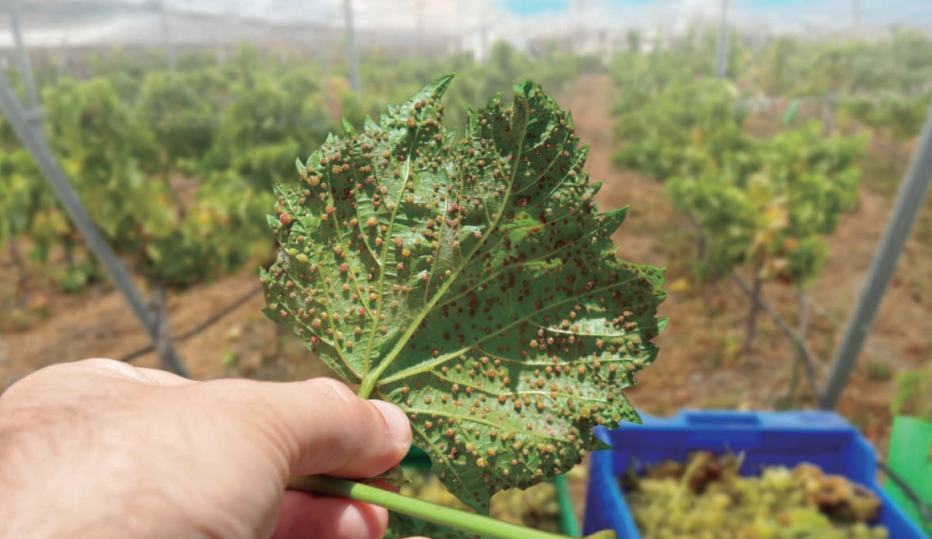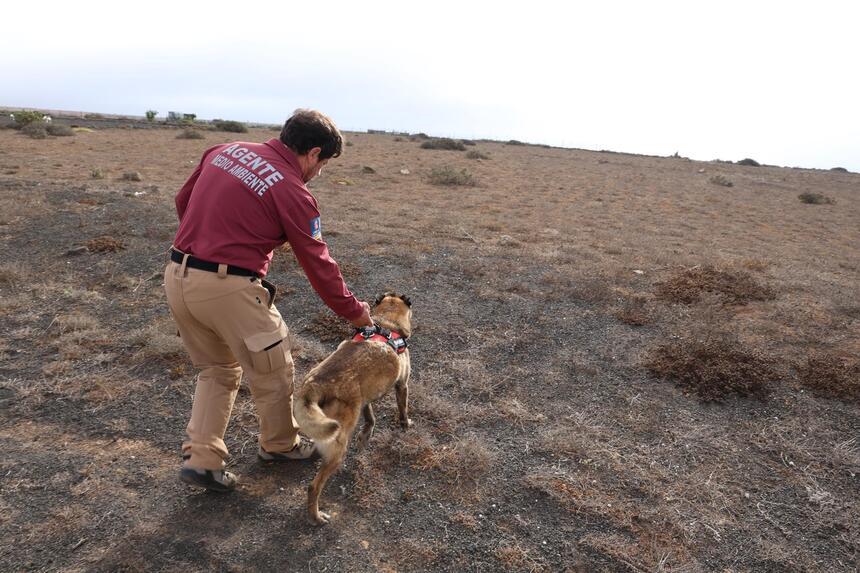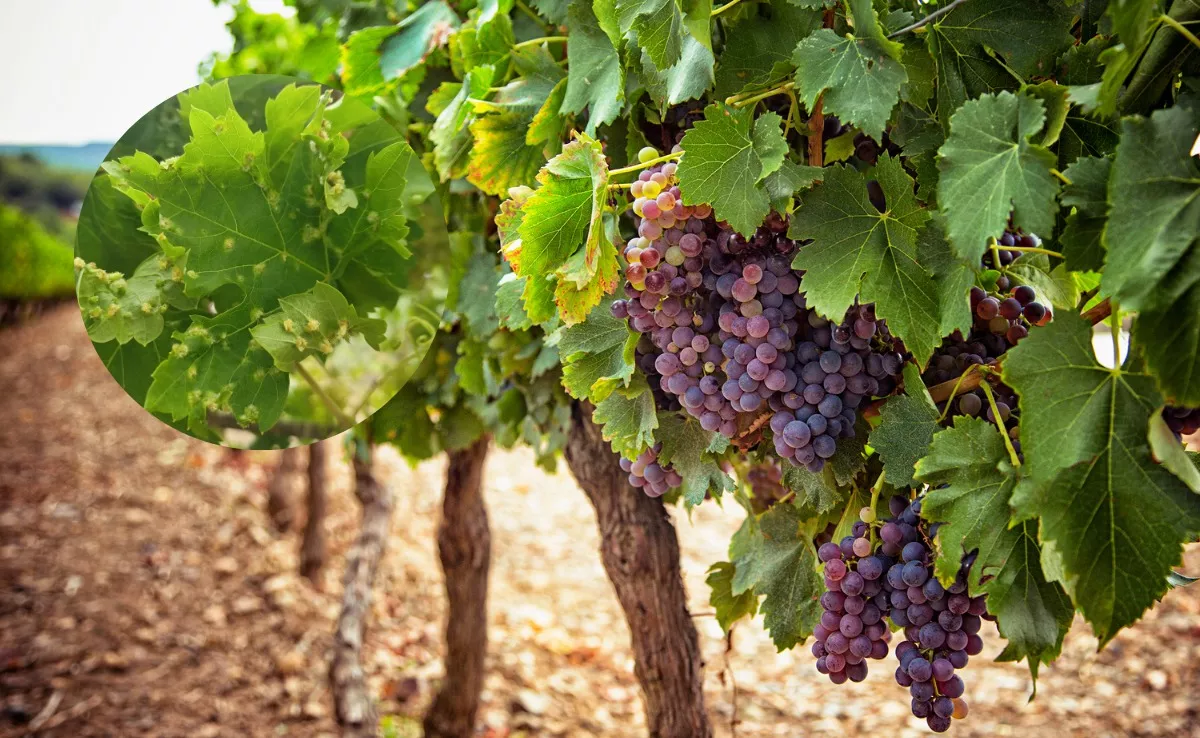The regulatory framework being prepared by the Canary Islands Government aims to contain the vine phylloxera outbreaks detected in three municipalities in Tenerife (La Laguna, Tacoronte, and La Matanza de Acentejo). The intention is to surround the pest with stringent measures due to concerns that its spread could cause severe damage to the professional winemaking industry.
Until now, the Canary Islands have been free of vine phylloxera, a pest that had devastating effects in Europe and mainland Spain in the late 19th and early 20th centuries, nearly wiping out vineyards across much of the continent.
The order from the Ministry of Agriculture, set to be published this week, includes an indefinite ban on the movement of fresh grapes and plant material related to this crop, in any form, both between different islands and within the wine-producing regions of Tenerife.
Furthermore, as explained yesterday by Councillor Narvay Quintero, the Canary Islands has requested that the Ministry of Agriculture strengthen these protective measures and prohibit the importation of grapes for winemaking from areas affected by the pest, specifically from the Peninsula. He made this request during a meeting with the Director General of Agricultural Production Health, Emilio García, and the Secretary-General for Agricultural Resources and Food Safety, Ana Rodríguez. He called for extraordinary financial support to cover the costs of surveying, destruction, treatment, and additional personnel and resources at the Archipelago’s Border Inspection Points to enhance surveillance.
The restrictions on the movement of plant material across the Canary Islands come at a particularly delicate time for the sector, as the grape harvest begins and the movement of fruits, soil, and plants is much greater than at any other time of year.
Narvay Quintero clarified that “during the harvest season, the transport of fresh grapes from Tenerife to any other island is prohibited. Grapes cannot be transported from Tenerife to another island under any circumstances. The movement of grapes between islands, as well as from these other islands to Tenerife, is also forbidden.” However, exceptional transportation may be authorised in these latter cases but only under strict control and safety measures.
Within the designated wine regions, the movement of grapes will be permitted to facilitate the harvest and transport them to wineries, provided no outbreak is detected.
The councillor added that “replanting is even prohibited throughout the Canary Islands. If someone wishes to plant this year, they must do so exclusively with plants from their own estate. They will not be allowed to bring in plants or cuttings from other estates.”
These restrictive measures are complemented by various phytosanitary and surveillance actions that will involve inspecting all vineyards in Valle de Guerra (La Laguna) and Tacoronte, as these are the areas where most cases are concentrated.
“Hopefully, this will just be a scare”
The Secretary-General of Asaga Canarias, Theo Hernando, expressed that “the measures have been agreed upon by virtually all the regulatory councils of the Islands, so the winemakers and the rest of the organisations must comply with and disseminate them to prevent, as much as possible, the spread of this pest in the Canary Islands, which would affect us significantly.”
He added that “although there are some aspects we might consider contradictory, we understand the risk we face with the potential spread of this pest among our vineyards, so all preventive measures will be welcomed, even though they may cause some harm to certain producers this year.”
Hernando also emphasised the need to reinforce the preventive measures that the Canary Islands are implementing, particularly regarding the prohibition on importing grapes from the Peninsula, which we believe may be the primary source of dissemination.”
The Secretary-General of Asaga concluded with hope that “all these measures will ensure that next year we can look back more comfortably, knowing that we managed to contain this outbreak and that it will remain just a scare.”














